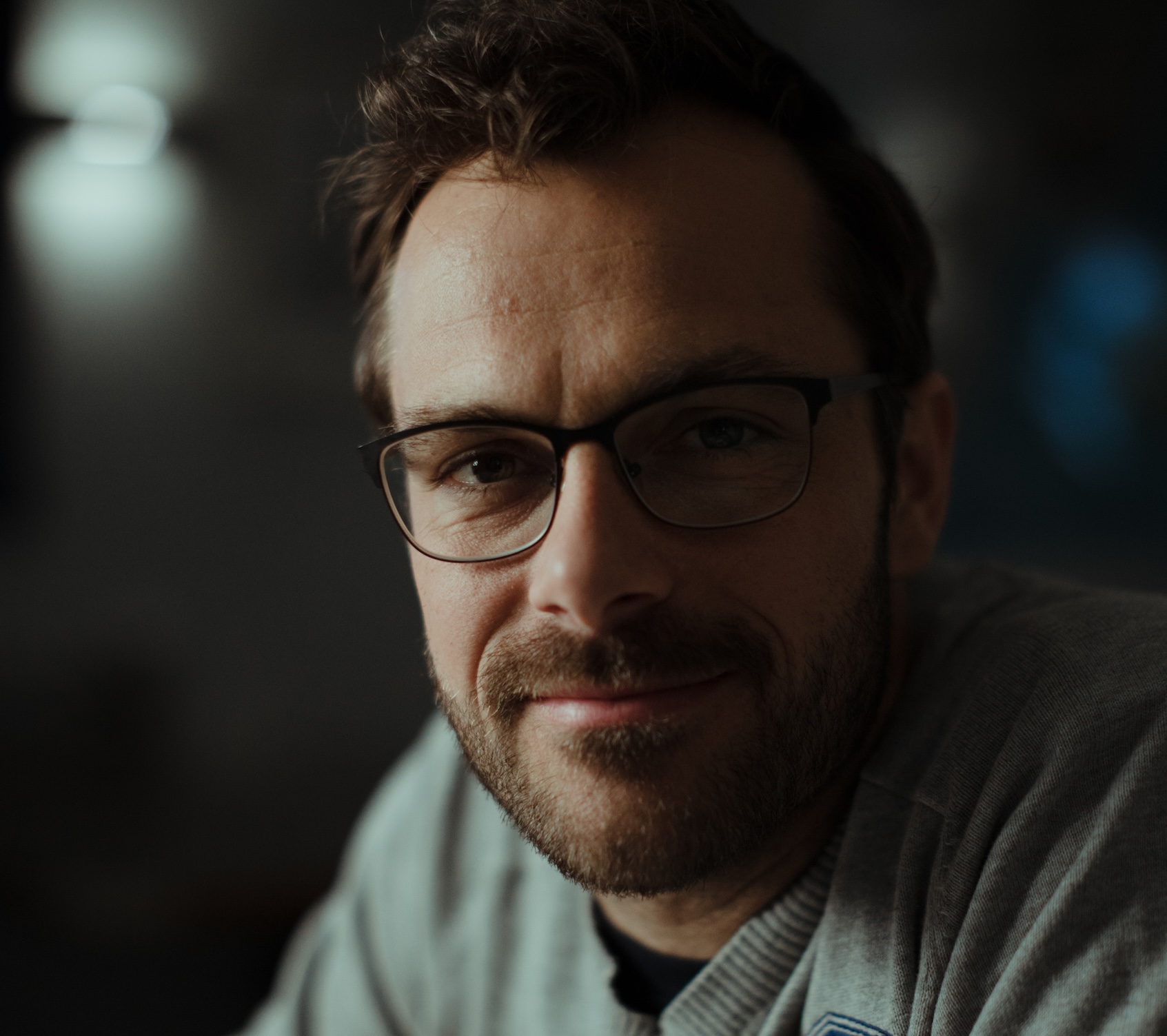Till Wagner Receives NSF CAREER Award
February 28, 2025
Last fall, AOS Assistant Professor Till Wagner was selected as a recipient of a 2024 National Science Foundation (NSF) CAREER Award for his project, “Constraining Iceberg Size Distributions and their Climate Impacts in Models.” This distinguished grant supports early-career faculty who have the potential to serve as academic role models in research and education and to lead advances in the mission of their department or organization.
A Chance Encounter
Wagner’s fascination with icebergs began as a graduate student in 2012 when he joined a field expedition to an “ice island” (as large icebergs are called in the Arctic) drifting between Greenland and Canada. At first sight of the iceberg, Wagner blurted, “I knew it was going to be huge, but this is massive”, only for his utterance to be captured on camera and then used for the official trailer of the BBC show “Operation Iceberg.” (Wagner’s housemates made sure to immortalize the phrase by gifting him with a such-imprinted tea mug).

The iceberg turned out to be rather uncooperative with the expedition team - it kept breaking apart, bumping into the ship, and teemed with polar bears. But it provided a fruitful study ground for the scientists and Wagner has spent a good part of his research career since trying to understand and predict how icebergs calve from glaciers around Greenland and Antarctica, how they drift, melt, and break apart, and ultimately how they impact the climate and ecosystem around them.
The Tip of the Iceberg
“It turns out that we have only scratched the surface of how iceberg physics works” notes Wagner, and since 2017 the National Science Foundation has supported him in the quest to move beyond the “tip of the iceberg” and improve the representation of icebergs in climate models. The CAREER award will build Wagner’s research program on how icebergs evolve and how their dynamics and impacts will change in an ever-warming world.
A particularly pressing question is how far icebergs can travel in the polar oceans and where they deposit their freshwater when melting. Past efforts to constrain these processes in models have been hampered by our incomplete knowledge of the sizes of icebergs when they break, or “calve”, off their parent glaciers. Wagner and his team will use a combination of computer simulations, theoretical efforts, and observational techniques to get a better understanding of the size distributions of icebergs around Greenland and Antarctica. “Once we know how large the icebergs are initially, and where exactly they originate, we can simulate future scenarios of where the icebergs will drift and melt over the coming years and decades”, Wagner adds.
Harbingers of Change
Wagner is planning to harness the iconic image of icebergs as signs of climate change for an extensive educational component that is part of all CAREER grants. Here, he will collaborate with Michael Wagner (no relation) of the UW School of Journalism to explore best practices for communicating risks and uncertainties associated with climate change. This will be done by developing two new university courses: “Ice & Climate Dynamics” for physical science graduate students and “Climate Risks & Uncertainties - how to communicate successfully between scientists, journalists, and the public.” The project will further offer two summer programs bringing together students, early career researchers, and journalists.
CAREER Year(s) at AOS
AOS celebrates its third faculty member in two years to receive a CAREER Award—an impressive achievement highlighting the department’s world-class research.
“Till is part of a cohort in AOS leading a revival of our department’s high-latitude, oceanography, and cryosphere research legacy,” notes AOS Department Chair Ankur Desai. “Ice on our planet is an astonishingly dynamic system, and this research seeks to tame the math and physics behind it. The CAREER award signifies his leadership in this area, and we’re excited to see what he and his lab discover in the years to come.”
The department looks forward to sharing updates from the field and research findings, so stay tuned. Congratulations, Till!
